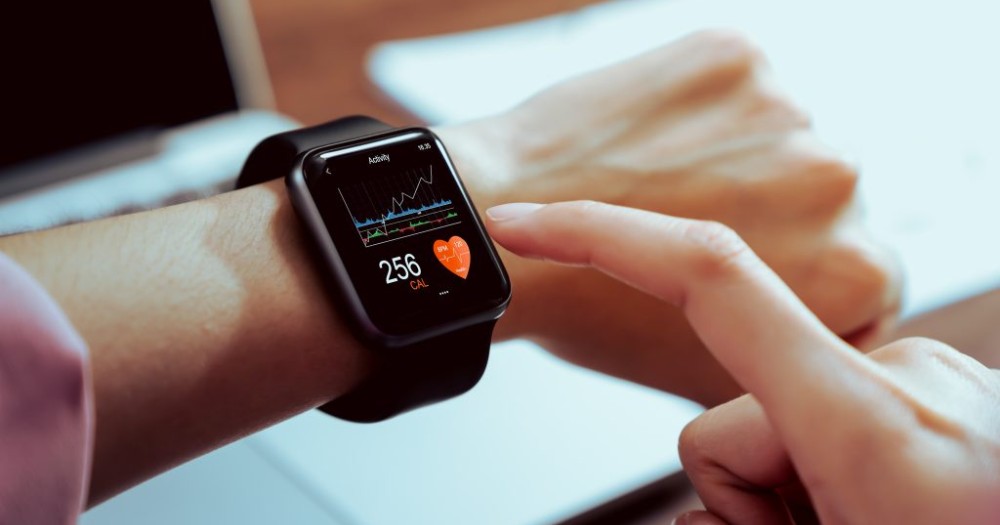Research: Consumer wearables could revolutionize routine care

Consumer wearables, such as fitness trackers and smartwatches, have become integral parts of our daily lives, monitoring our health and physical activity. Recent research published in Nature Medicine has highlighted the significant clinical value these devices can offer, particularly in managing heart conditions like atrial fibrillation (AF) and heart failure. This article explores how wearables could potentially revolutionize routine care by providing continuous, reliable health data.
How does it work?
The study in question investigated the effectiveness of a commercially available fitness tracker and smartphone in monitoring the response to medications compared to traditional hospital tests. Conducted as part of the RATE-AF clinical trial — funded by the National Institute for Health and Care Research (NIHR) — the study involved participants wearing a wristband device linked to a smartphone. This setup continuously collected extensive data on heart rate and physical activity over 20 weeks, amounting to over 140 million data points.
Researchers employed artificial intelligence (AI) to analyze this massive dataset, focusing on the effects of two medications: digoxin and beta-blockers. They developed a neural network to account for any missing information, ensuring a comprehensive and accurate analysis.
The results revealed that wearables could provide data equivalent to that obtained from standard hospital tests, thus validating their clinical value.
Why does it matter?
The implications of this research are profound. With heart conditions like AF and heart failure projected to double in prevalence in the coming decades, the healthcare system faces increasing pressure.
Wearable technology offers a cost-effective and efficient solution by enabling continuous patient monitoring without the need for frequent hospital visits.
Professor Dipak Kotecha from the University of Birmingham emphasizes the potential of these devices, stating, "This study shows the potential to use this new technology to assess the response to treatment and make a positive contribution to the routine care of patients."
Moreover, the study demonstrated that wearables are beneficial regardless of the user's age or experience with technology, as the average age of participants was 76 years. This broad applicability underscores the value of integrating wearable technology into routine healthcare.
The context
The study's findings come at a time when the healthcare industry is increasingly looking towards innovative technologies to improve patient outcomes and reduce costs. Traditional heart condition monitoring methods are resource-intensive, requiring significant staff time and hospital resources. In contrast, wearables offer a scalable and less burdensome alternative.
Furthermore, the integration of AI in analyzing wearable data exemplifies how advanced technologies can enhance patient care. By providing continuous, real-time data, wearables can help in the early detection of potential issues and allow for more personalized treatment plans.
As Professor Kotecha notes, "Heart conditions such as atrial fibrillation and heart failure are expected to double in prevalence over the next few decades, leading to a large burden on patients as well as substantial healthcare cost. This study is an exciting showcase for how artificial intelligence can support new ways to help treat patients better."
In that sense, this research paves the way for more efficient, personalized, and cost-effective healthcare solutions.
💡Did you know?
You can take your DHArab experience to the next level with our Premium Membership.👉 Click here to learn more
🛠️Featured tool
 Easy-Peasy
Easy-Peasy
An all-in-one AI tool offering the ability to build no-code AI Bots, create articles & social media posts, convert text into natural speech in 40+ languages, create and edit images, generate videos, and more.
👉 Click here to learn more


